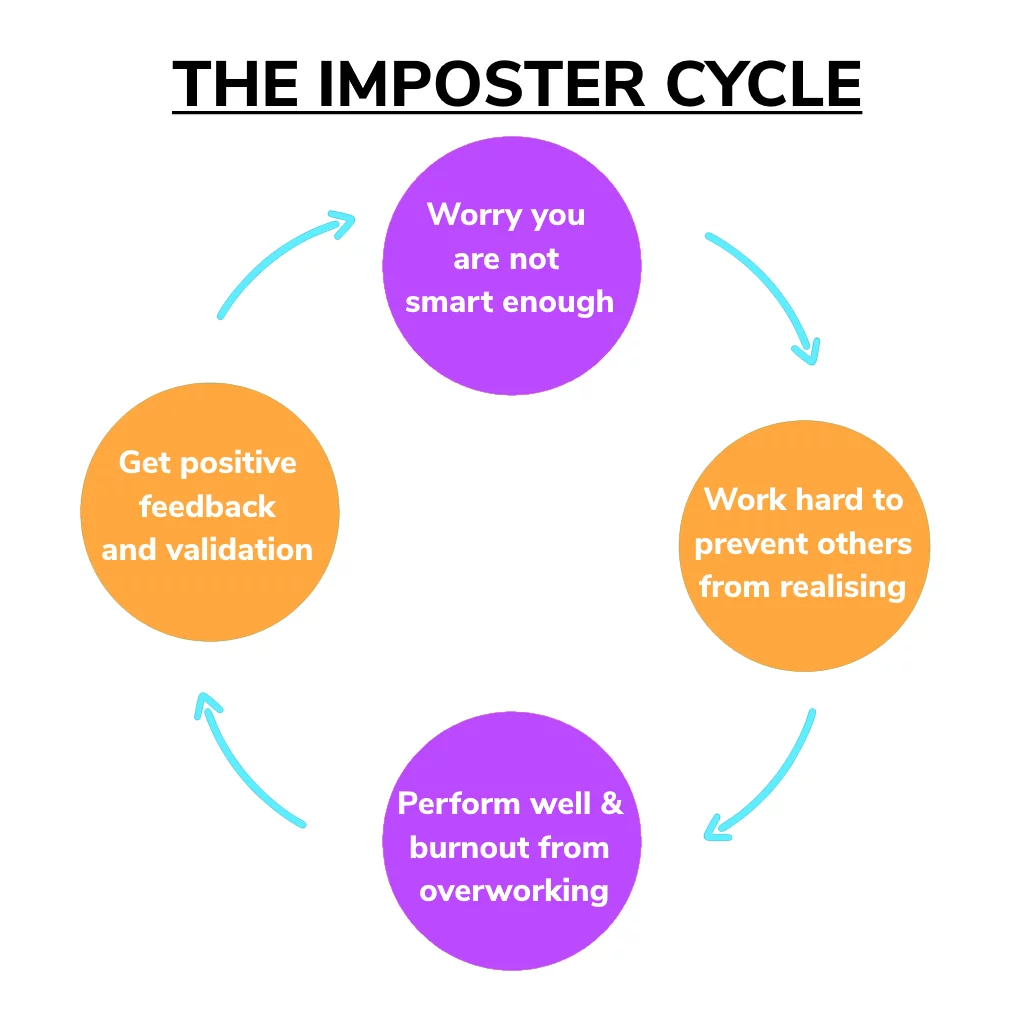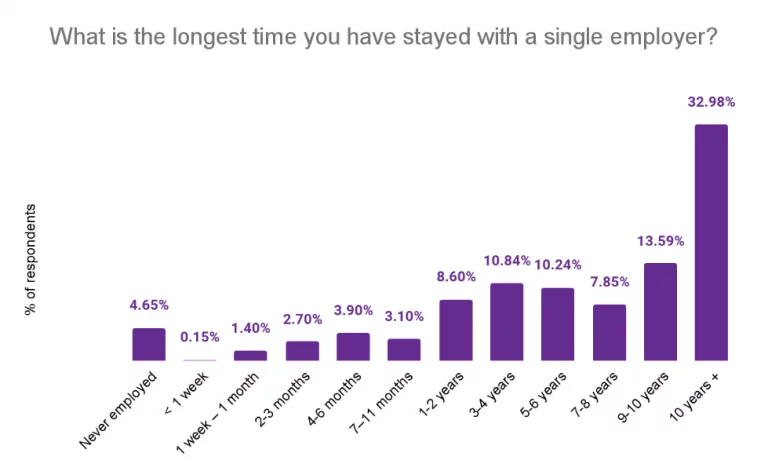
6 Ways To Deal With Imposter Syndrome!
Contents
They feel like a fraud, or imposter, and live in fear of being found out.
It is possible to suffer imposter syndrome in all areas of life.
And is especially common for newly promoted managers.
We cover imposter syndrome on our Line Manager courses for this reason!
6 Ways To Overcome Imposter Syndrome
If you recognise the description above you may be suffering imposter syndrome.
Luckily, there are lots of effective ways to deal with it:
1. Talk To Someone
Typically, IS suffers don’t speak to anyone else about it, by doing this you are already breaking the mould.
The mere act of speaking to someone will help greatly.
2. Ask For Clear Goals
If you don’t know what the goal is, it is easy to fool yourself that you haven’t reached it.
If you have clear goals, you have an objective standard for success.
3. Reward Yourself
If you have success, be sure to reward yourself and celebrate.
This helps break the habit of seeking external validation to try to alleviate your feeling like a fraud and then dismissing the validation.
4. Change Your Mindset
Make a habit of reviewing your thoughts when you feel you are getting worse and then changing the script.
If you do this repeatedly, it will help to change the way you think.
5. Change Your Relationship With Failure
Nobody likes failing, but you need to learn to accept that it’s part of life and to take the lessons from it and then move on.
6. Dwell On The Positive
Ruminating on problems and mistakes only makes things worse.
Focus on the positive and fighting your perfectionist streak.
What Causes Imposter Syndrome?
A single cause of imposter syndrome has not been discovered.
It seems most likely that it is caused by a combination of your personality, your family and your work circumstances.
Anecdotally, psychologists find that people who are perfectionists or who suffer from anxiety disorders are much more likely to experience imposter syndrome.
Imposter syndrome is extremely persistent. It will put you into a cycle that will feel impossible to escape from.
It is the continuing feelings of not being good enough that damage people’s self-confidence and mental health.
6 Signs You Are Suffering From Imposter Syndrome
If you’re not sure if you’ve got imposter syndrome, let’s look at some of the typical ways that it manifests itself to see if that will help.
1. Perfectionism
If you are a perfectionist, you are likely to suffer from imposter syndrome.
Your drive to get things exactly right is probably driven by self-doubt and being overly critical of yourself.
2. Over-Working
People who consistently overwork often do so because they don’t believe that they deserve their position or fear that they will be ‘found out’. The exact same feelings that imposter syndrome generates.
3. Inability To Ask For Help
Working in teams is difficult for people who experience imposter syndrome, as they see asking for help as a negative.
They fear that doing so will mean that others will think that they can’t do their job, as opposed to it being a normal part of life.
4. Inability To Delegate
If you struggle to delegate, this can also be a sign of potential imposter syndrome.
The two typical reasons people struggle to delegate are:
- You don’t feel that you are ‘not worthy’ to delegate work to someone else, or
- Your fear that the task won’t be completed to the correct standard if you do.
Both of these point to perfectionism or lack of confidence.
5. Inability To Accept Praise
Imposter syndrome sufferers don’t ever believe that their work is good enough.
If you struggle to accept praise and if people compliment you either minimise or brush off the praise, that is a strong signal you may have imposter syndrome.
6. “Everyone Else Is So Much Better Organised”
Finally, if you always feel that it looks like everyone else finds things so much easier, then that is a sign of possible imposter syndrome.
Logically we all know that everyone has struggles and that things are probably more chaotic for them than they look from the outside. If you think this frequently this may be a sign that you need to be careful.
Final Thoughts
Let’s bring Imposter Syndrome out of the shadows and deal with it.
Doubting yourself is a natural part of growing and developing.
That doesn’t mean it’s easy or pleasant, but by speaking about it and asking for help, it can be made so much less difficult.
Next time you catch yourself doubting yourself, make sure that you speak to someone about it.






